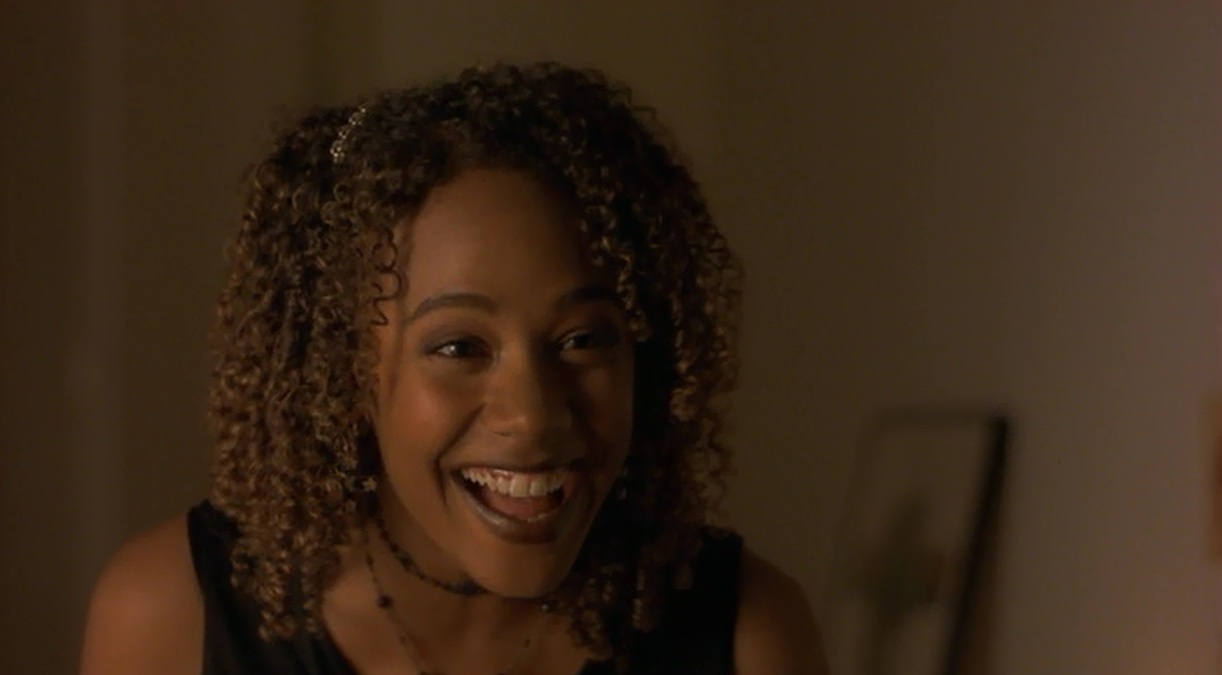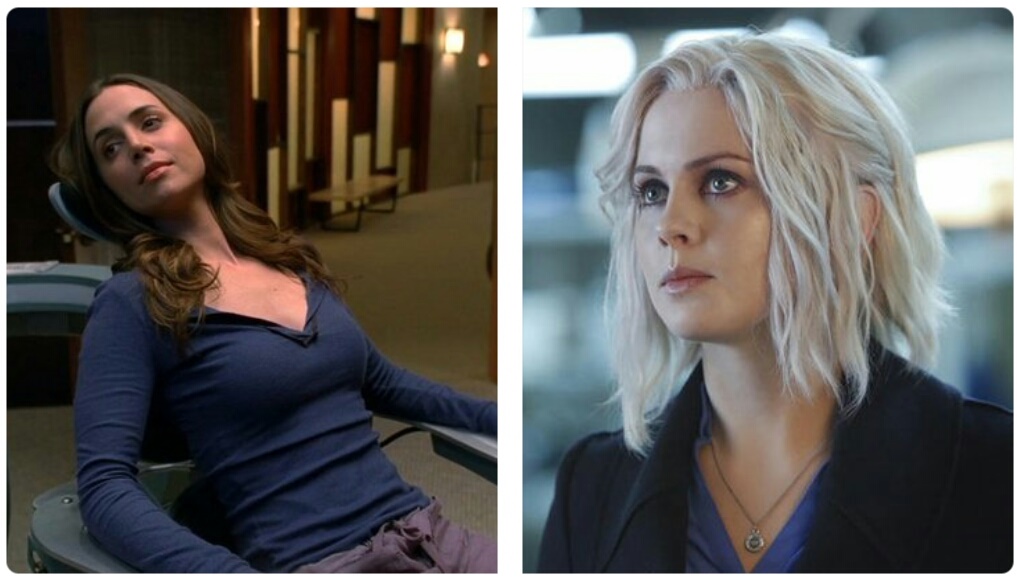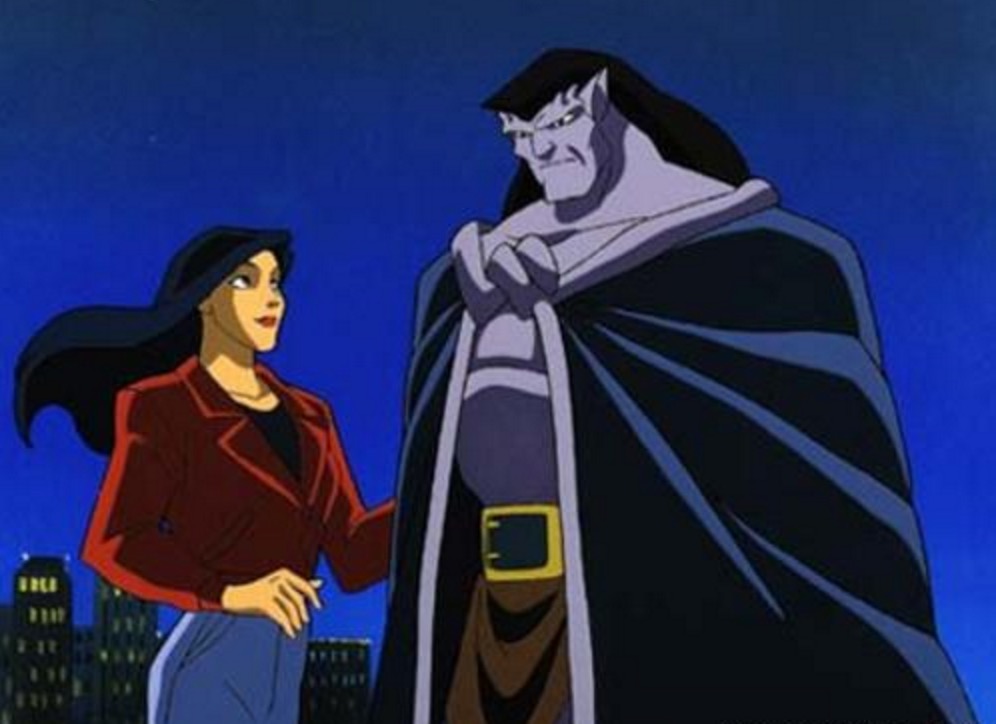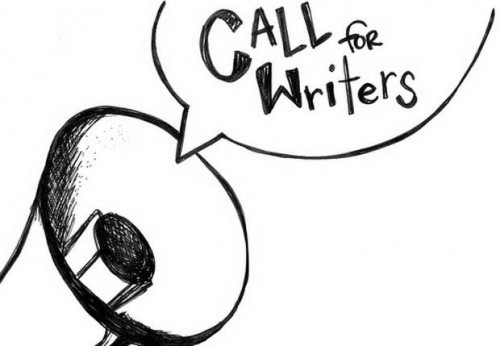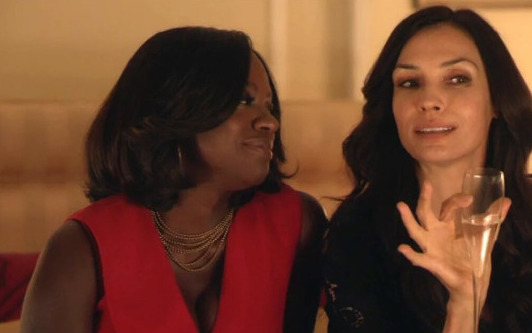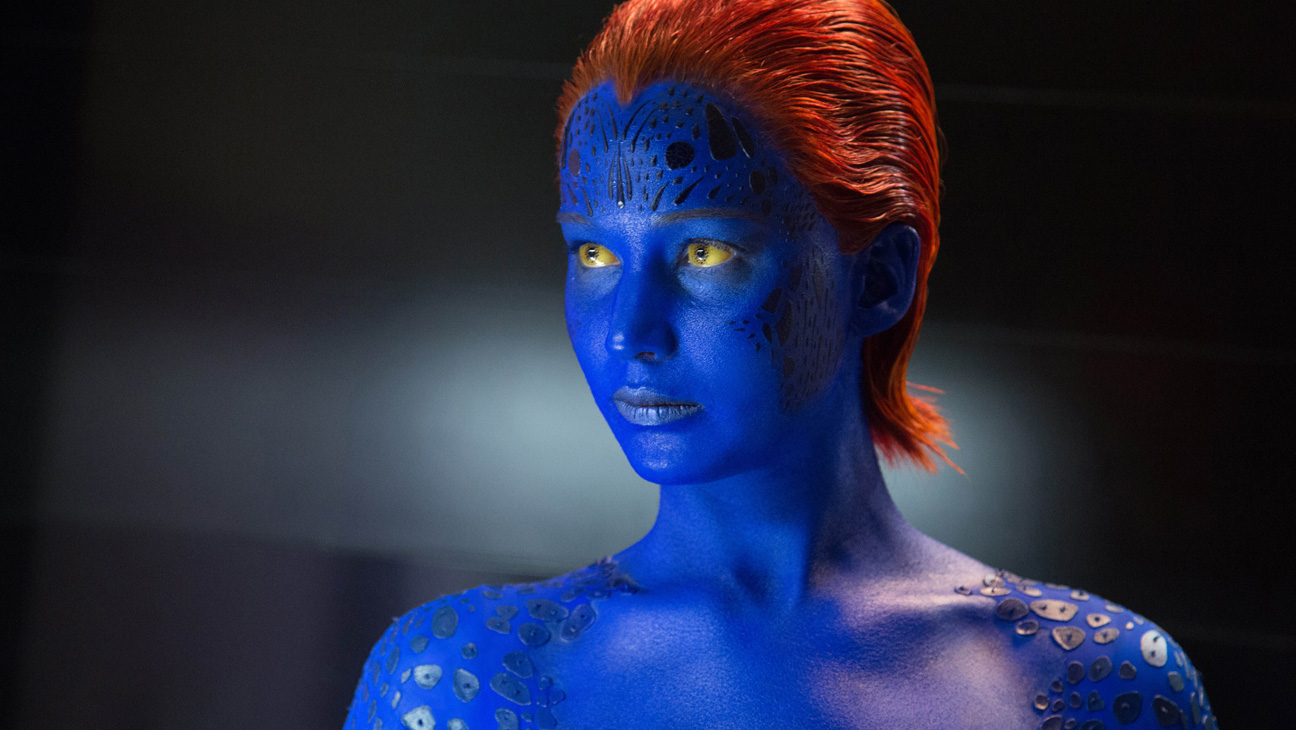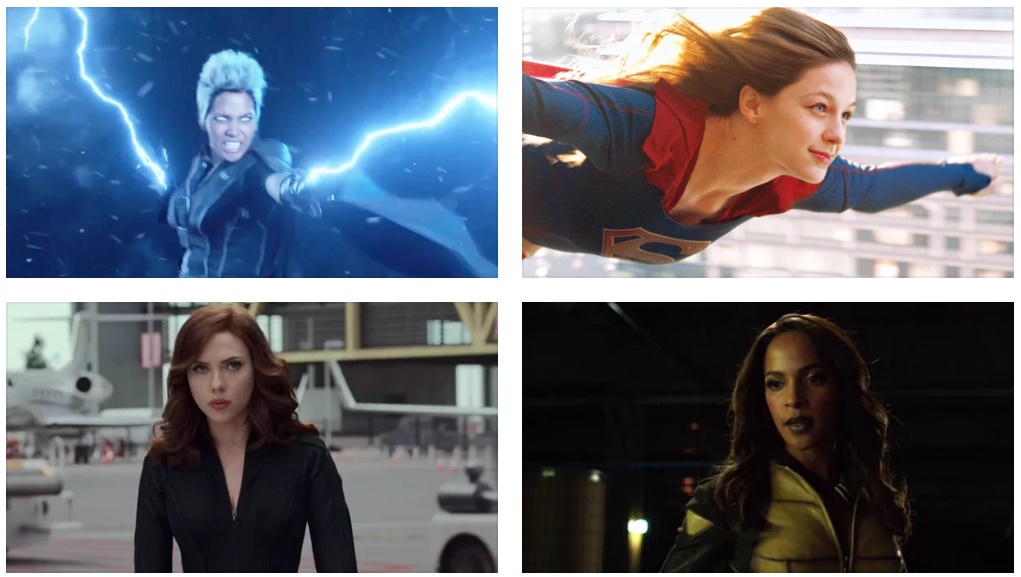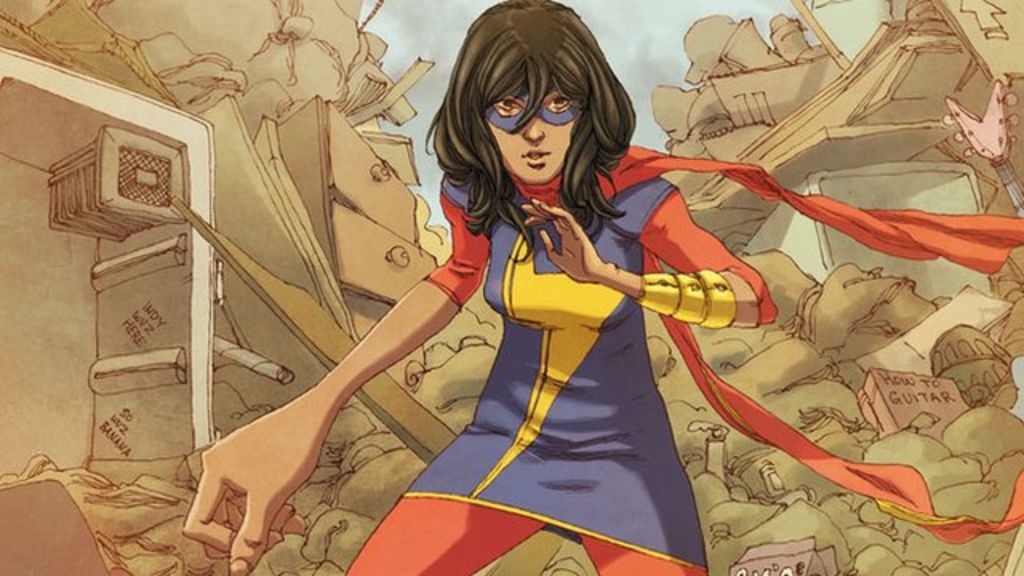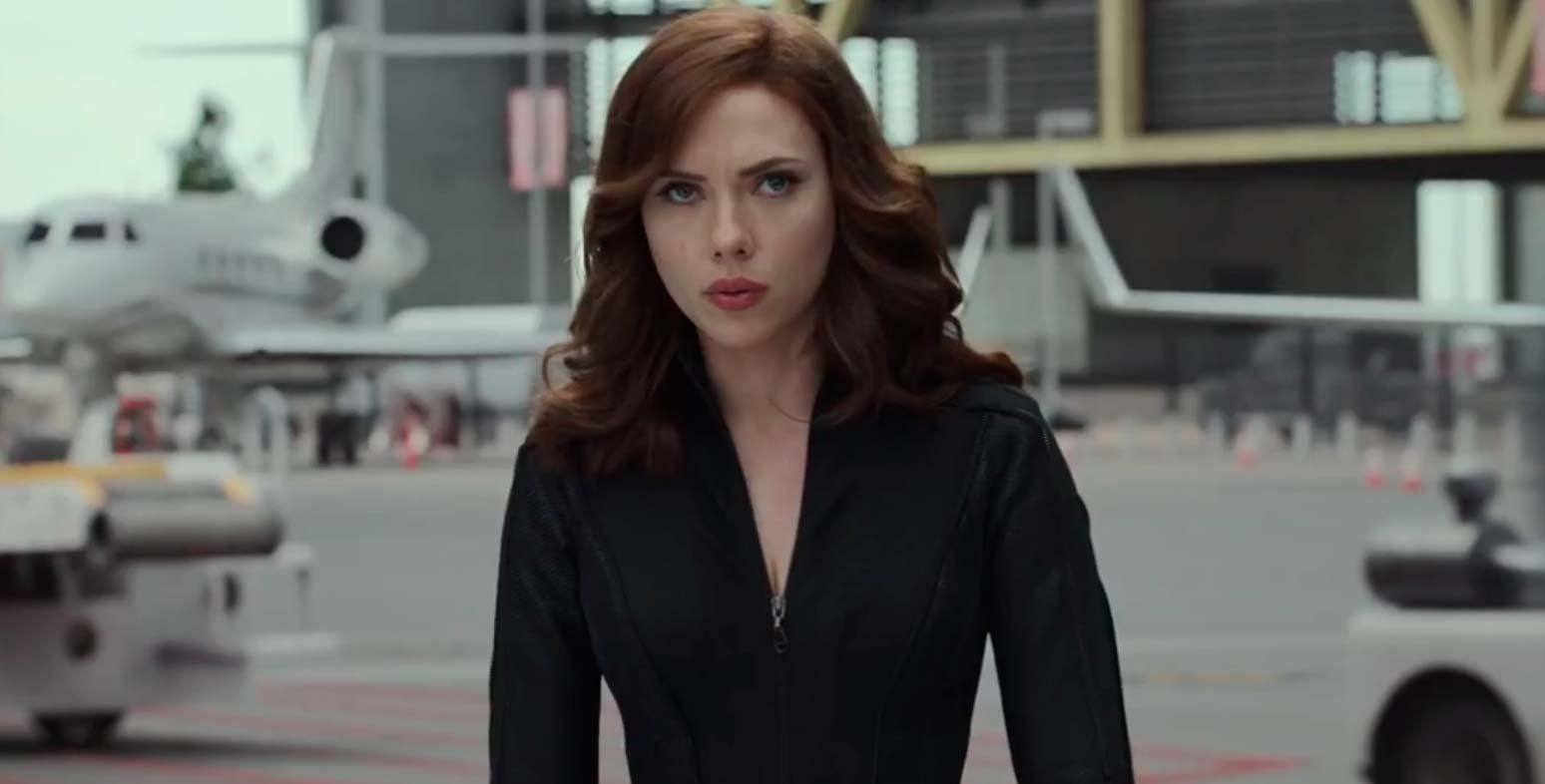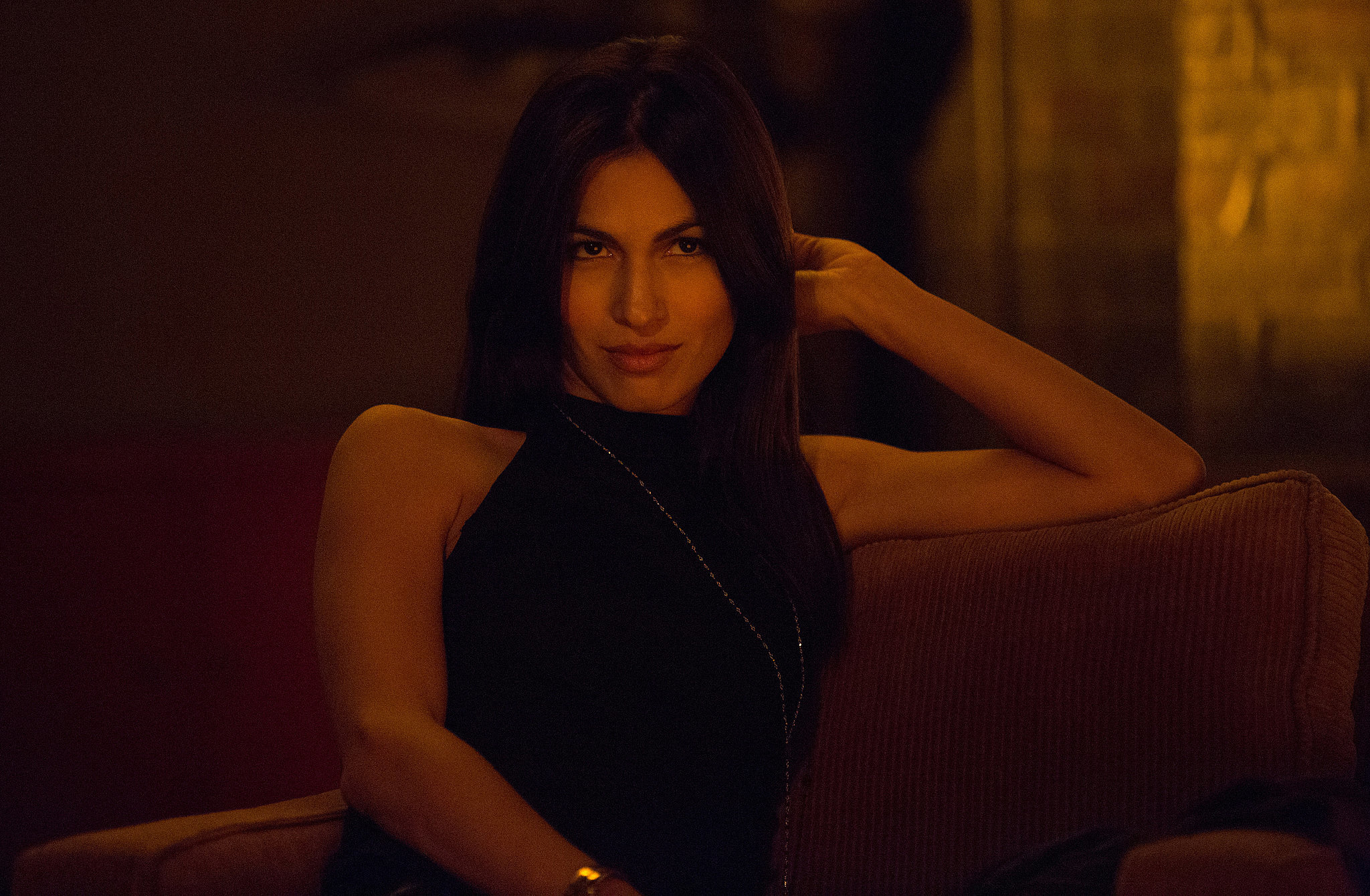20 Years of ‘The Craft’: Why We Needed More of Rochelle
Rochelle was the social outcast with the other handful of social outcasts of St. Bernard Academy, sure. But how do we cinematize the Black girl outcast teenager that many of us felt like? That just so happens to be a practicing witch? Much of what can be read of Rochelle relies heavily on those of us whom she meant so much to.
